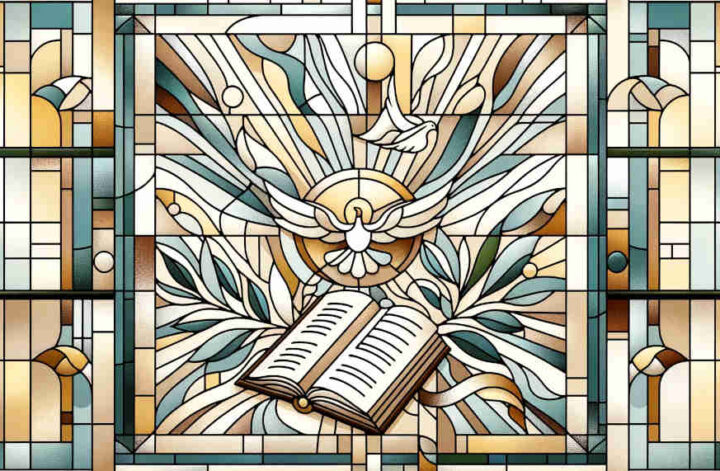Jewish Ethical Teachings on Paying Taxes
Question Regarding Jews and Civic Obligations
Email from Ethan Goldberg: “Dear Rabbi Joshua, I was discussing with my friend the importance of paying taxes from a religious perspective. He was curious if Judaism has any specific teachings about paying taxes. Do Jews pay taxes?”
Response from Rabbi Joshua
Shalom Ethan, your question pertains to the intersection of religious ethics and civic responsibilities. Judaism has a long-standing tradition that addresses this very topic.
Judaism and Civic Duties
In Jewish law and tradition, paying taxes is considered a moral and civic duty. The Talmud, which is a central text of Jewish oral law, contains discussions that support the obligation of Jews to pay taxes imposed by governmental authorities. This is encapsulated in the principle of “Dina de-Malkhuta Dina” (the law of the land is the law), which underscores the Jewish commitment to abide by the laws and regulations of the country in which one resides, including the payment of taxes.
Charitable Giving and Taxes
Beyond the legal obligation, there is a spiritual and ethical aspect to the payment of taxes in Judaism. It is seen as part of the broader commitment to social justice and the welfare of the community. This is in addition to the religious obligation of “Tzedakah,” which is charitable giving, considered a cornerstone of Jewish life.
Modern Practice
In contemporary society, Jews, like members of other religious and ethnic groups, are required by law to pay taxes. Observant Jews will do so not only as a legal obligation but also as part of their religious ethical practice.
Conclusion
Ethan, the Jewish approach to taxes is one that combines adherence to secular law with the religious values of contributing to society and supporting communal needs. If you or your friend have further questions about Jewish teachings on ethical living, please feel free to ask.
Kind regards,
Rabbi Joshua


